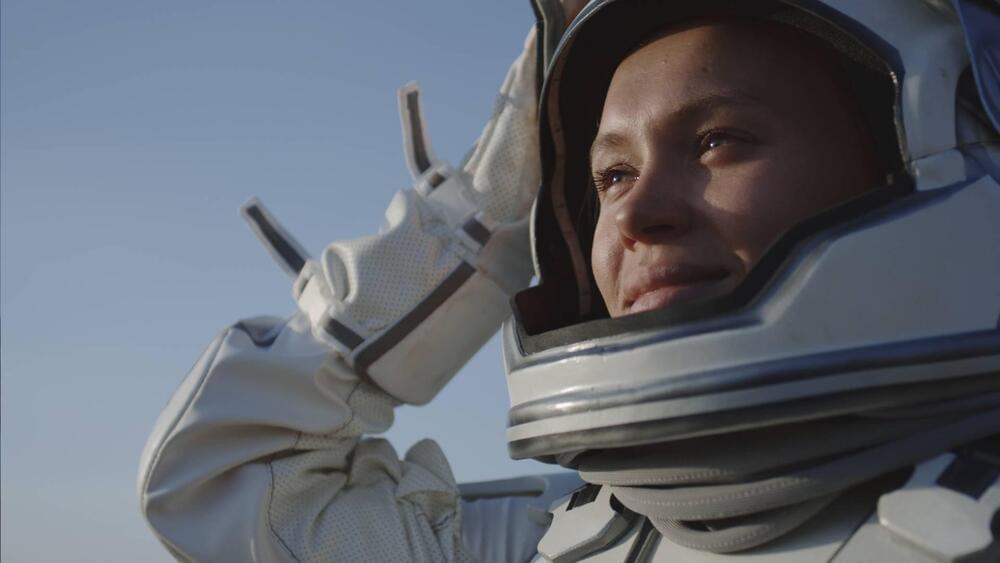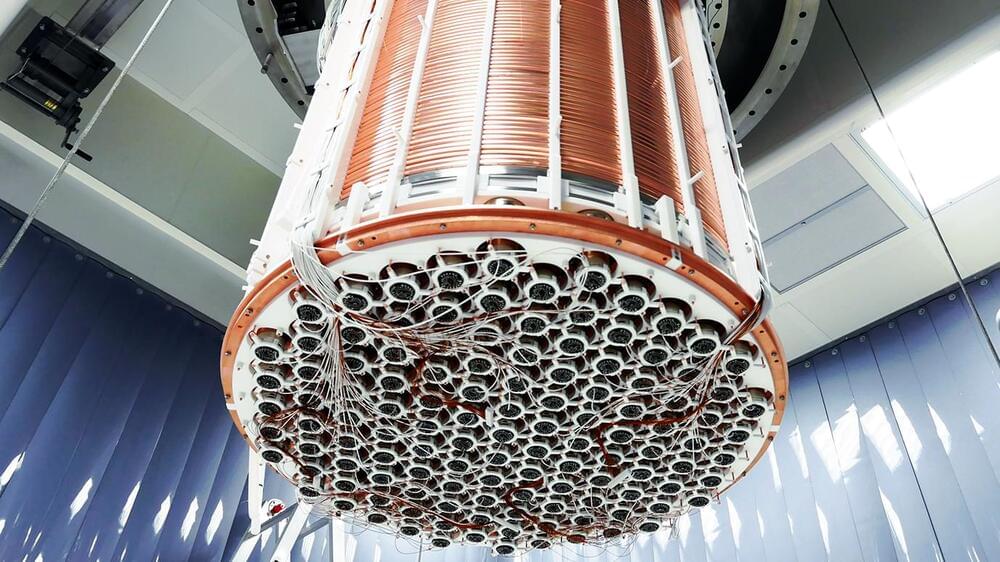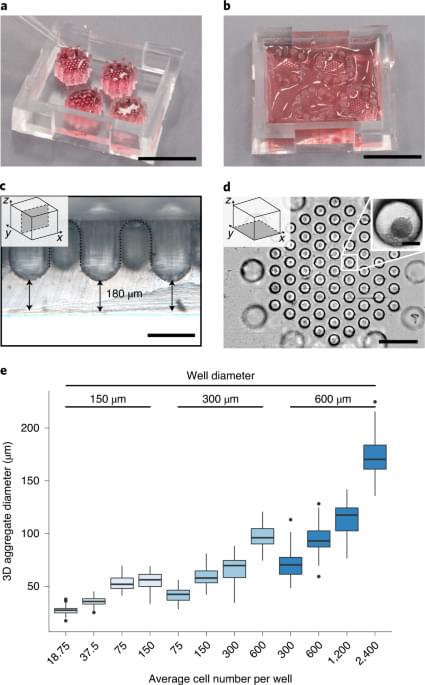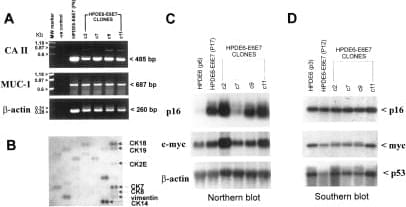Get the latest international news and world events from around the world.

Australian engineers produce concrete from tyre, rubber, and rocks
The new concrete made of tyres will be eco-friendly and cheaper. Engineers from RMIT succeeded in producing concrete from materials such as gravel, tyre, rubber, and crushed rock. It is believed that this innovation will be cheaper and eco-friendly. The team is now looking into reinforcing the concrete to see how it can work in structural elements. A group of researchers from the Royal Melbourne Institute of Technology (RMIT), has succeeded in replacing the classic method of making concrete, which is made of gravel and crushed rock, with rubber from discarded tyres that are suitable for building codes.
According to the press release that has been published by the university, new greener and lighter concrete also promises to reduce manufacturing and transportation costs significantly. Small amounts of rubber particles from tyres are already used to replace these concrete aggregates. However, the previous process of replacing all concrete with aggregates had not been successful.
The study published in the Resources, Conservation & Recycling journal showed the tyres’ manufacturing process.
Lead author and Ph.D. researcher from RMIT University’s School of Engineering, Mohammad Momeen Ul Islam, stated that this work was revolutionary because it showed what could be done with recycled rubber pieces.
Full Story:
Australia’s RMIT engineering team made greener and lighter concrete.

Researchers developed a new robot that could help us travel around black holes
The machine functions in curved spaces defying the laws of Earth.
The robot recreates the same environment found around black holes. It does so by moving in a curved space. It could one day allow us to further study black holes.
There is one constant on Earth and that is that when humans, animals, and machines move, they always push against something, whether it’s the ground, air, or water. This fact consists of the law of conservation momentum and was up to now undisputed.
Curved spaces provide new principles However, new research from the Georgia Institute of Technology has come along to showcase the opposite — when bodies exist in curved spaces, they can move without pushing against something. The new study was led by Zeb Rocklin, assistant professor in the School of Physics at Georgia Tech, and it saw the engineering of “a robot confined to a spherical surface with unprecedented levels of isolation from its environment, so that these curvature-induced effects would predominate,” according to a statement by the institution published on Monday.
Full Story:
The new machine defies the laws of physics to function in curved spaces.
Asteroid Bennu: Will the best-characterized asteroid in the solar system hit the Earth or not?
Asteroid Bennu was in the news recently for an astonishing discovery. NASA scientists revealed that the asteroid has a surface that appears similar to plastic balls. The discovery dates back to October 2020, when NASA successfully collected a sample from the asteroid.
During the sampling event, the sampling head of the OSIRIS-REx (Origins, Spectral Interpretation, Resource Identification, Security-Regolith Explorer) spacecraft had sunk by 1.6 feet (0.5 meters) into the surface of the asteroid. The space agency found that Bennu’s exterior is made of loosely packed particles that are haphazardly packed together. The spacecraft would have sunk right into the asteroid if it hadn’t fired its thruster to back away after collecting dust and rocks.
Russia reportedly lost at least 7 warplanes in Crimean airbase attack
The Ukraine army had a few satellite images to share.
A Russian airbase in Crimea was recently attacked Russia initially downplayed the attack It has now been revealed that at least 7 aircraft were destroyed, and significant damage to the base also inflicted.
Recently released satellite photographs show as many as 7 warplanes were destroyed at a Russian airfield in Crimea on Tuesday. While the precise details of the operation remain unknown, Ukraine’s air force shared a triumphant picture of the downed aircraft on July 11th, 2022, on its Twitter account.
Russia has insisted that the damage was accidental and that nothing substantial was lost, but photography from several sources refutes this. At least three structures at the Saki naval airbase in Crimea, the peninsula Russia seized from Ukraine in 2014, looked to have been damaged, in addition to the aircraft.
Full Story:
Saving water with wireless technologies is possible — but there are challenges
Water is the most essential resource for life, for both humans and the crops we consume. Around the world, agriculture accounts for 70% of all freshwater use.
I study computers and information technology in the Purdue Polytechnic Institute and direct Purdue’s Environmental Networking Technology (ENT) Laboratory, where we tackle sustainability and environmental challenges with interdisciplinary research into the Agricultural Internet of Things, or Ag-IoT.
The Internet of Things is a network of objects equipped with sensors so they can receive and transmit data via the internet. Examples include wearable fitness devices, smart home thermostats and self-driving cars.

In a first, researchers produce oxygen from magnets for space exploration
The new method could be the key to getting oxygen to Mars and beyond.
The study was conducted in a special drop tower facility that simulates microgravity conditions. The research proved magnets were effective at producing oxygen. The new method removes gas bubbles from liquids. Producing enough oxygen for astronauts in space is a complicated affair that is only set to become more difficult as we travel to Mars and beyond.
Now, researchers have invented a new way to make oxygen for astronauts using magnets, according to a University of Warwick statement.
Getting oxygen in space using magnets On the International Space Station, oxygen is generated using an electrolytic cell that splits water into hydrogen and oxygen, but then you have to get those gasses out of the system.
A relatively recent analysis from a researcher at NASA Ames concluded that adapting the same architecture on a trip to Mars would have such significant mass and reliability penalties that it wouldn’t make any sense to use, said lead author Álvaro Romero-Calvo, a recent Ph.D. graduate from the University of Colorado Boulder.
NASA currently uses centrifuges to get oxygen in space but those machines are large and require significant mass, power, and maintenance. The new research has conducted practical experiments showcasing magnets could achieve the same results much more practically.
Full Story:

Scientists measure half-life of element that’s longer than the age of the universe
Circa 2019 This could lead to reactors that last nearly forever and spaceships that do not run out of fuel.
Deep under an Italian mountainside, a giant detector filled with tons of liquid xenon has been looking for dark matter—particles of a mysterious substance whose effects we can see in the universe, but which no one has ever directly observed. Along the way, however, the detector caught another scientific unicorn: the decay of atoms of xenon-124—the rarest process ever observed in the universe.
The results from the XENON1T experiment, co-authored by University of Chicago scientists and published April 25 in the journal Nature, document the longest half-life in the universe—and may be able to help scientists hunt for another mysterious process that is one of particle physics’ great mysteries.
Not all atoms are stable. Depending on their makeup, some will stabilize themselves by releasing subatomic particles and turning into an atom of a different element—a process called radioactive decay.

Single-cell-resolved differentiation of human induced pluripotent stem cells into pancreatic duct-like organoids on a microwell chip
Circa 2021 immortality of the pancreas by inducing pluripotent cells of the pancreas.
A microwell chip facilitates the single-cell characterization of the differentiation of aggregates of human induced pluripotent stem cells into pancreatic duct-like organoids and the discovery of secreted markers of pancreatic carcinogenesis.

Immortal Human Pancreatic Duct Epithelial Cell Lines with Near Normal Genotype and Phenotype
Circa 2000
Immortal epithelial cell lines were previously established after transduction of the HPV16-E6E7 genes into primary cultures of normal pancreatic duct epithelial cells. Single clones were isolated that demonstrated near normal genotype and phenotype. The proliferation of HPDE6-E6E7c7 and c11 cells is anchorage-dependent, and they were nontumorigenic in SCID mice. The cell lines demonstrated many phenotypes of normal pancreatic duct epithelium, including mRNA expression of carbonic anhydrase II, MUC-1, and cytokeratins 7, 8, 18, and 19.